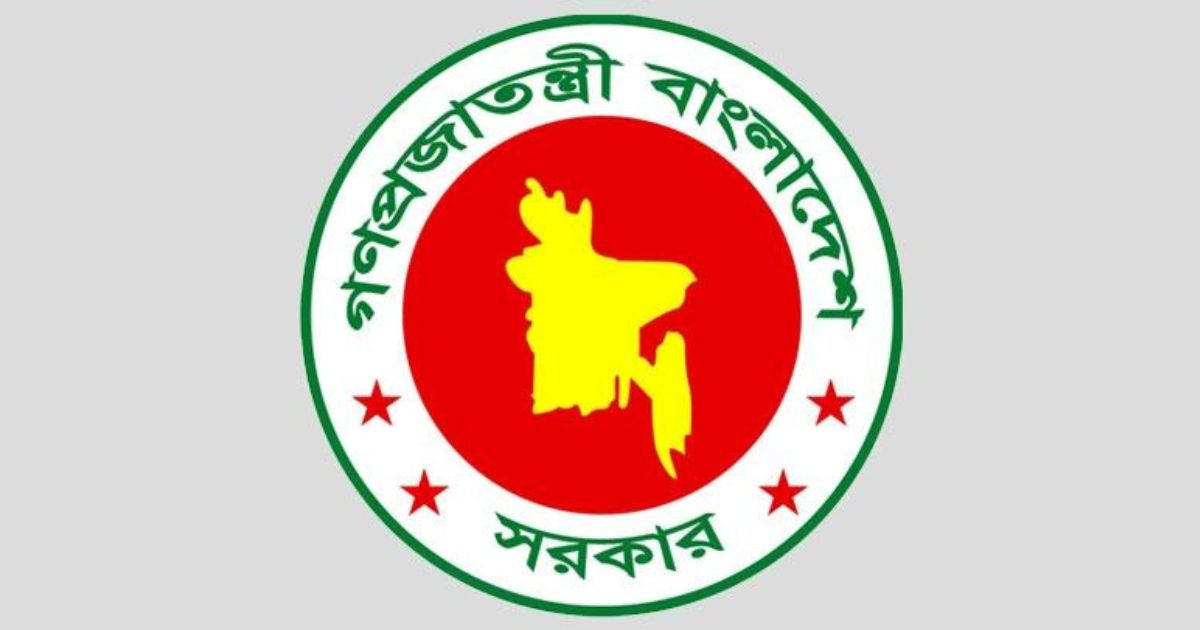Inter-cadre dispute intensifying
Experts blame commission, suggest continuation of existing promotion system

The ongoing dispute among government officers has escalated to such an extent that officials of the Bangladesh Civil Service (BCS) are now pitted against each other, leaving little room to rebuild trust and restore normal operations.
The Public Administration Reform Commission, formed by the interim government, has yet to submit its recommendations.
However, during a recent exchange of views with journalists, the commission revealed plans to recommend a 50% quota for the administration cadre and 50% for other cadres in promotions to the post of deputy secretary.
Additionally, it proposed examinations for promotions to the posts of deputy secretary and joint secretary.
Since the announcement, current and former administration cadre officials have been protesting, rejecting the proposals as discriminatory and irrational.
As part of their opposition, they organised a protest rally at the BIAM Foundation auditorium in Dhaka on Wednesday.
The event was jointly organised by the Bangladesh Administrative Service Association and BCS (Admin) Kalyan Bahumukhi Samity Limited.
During the rally, administration cadre officials demanded the resignation or removal of Abdul Muyeed Chowdhury, the chief of the Public Administration Reform Commission, within 48 hours. With over 6,000 officers in the administration cadre, they also called for the establishment of a separate 'Bangladesh Administrative Service.'
In response, officials from 25 other cadres staged a work abstention programme on Thursday, observing an hour-long protest that included a human chain and rallies across the country.
Education and health cadres, the largest among the 25 in terms of personnel, were particularly vocal. The education cadre has around 16,000 officials, while the health cadre includes over 30,000.
The BCS Health Cadre Association held a press conference at the Jatiya Press Club on Monday, presenting a two-point demand.
They called for recruitment to the deputy secretary pool to be conducted via open examinations and insisted that all policymaking roles within the Ministry of Health be filled by health cadre officials.
Similarly, the education cadre organised a press conference on Tuesday to outline its demands.
The psychological conflict among officials from different cadres, long simmering over disparities in facilities and privileges, has now become more visible due to the reform commission’s recommendations. Both groups are planning to hold a grand rally on 4 January to press their respective demands.
Was the view exchange meeting necessary?
The approach taken by the Public Administration Reform Commission in publicising its recommendations through a view exchange meeting with journalists has drawn sharp criticism and embarrassed the government.
Public administration experts have described the incident as unprecedented and inappropriate. Former secretary Abu Alam Md Shahid Khan criticised the commission’s decision to hold a press conference, saying:
“They could have sought opinions privately or submitted their recommendations directly to the government. This press conference was entirely unnecessary. I am also unclear why they chose to prioritise the issues of the 50:50 proportion and examinations for promotions.”
Shahid Khan emphasised that the commission’s primary focus should be on reforming the administration to prevent unethical directives to public servants during elections and to ensure that no public servant exploits laws for personal or political gain.
How can the issue be resolved?
Former additional secretary Firoz Miah said the commission should prioritise improving public service accessibility rather than focusing on the privileges of various cadres.
“Cadres are only a small part of public administration. Addressing them in isolation will not resolve the larger issues. The current situation has become highly polarised and will require significant effort to mitigate,” he remarked.
Firoz Miah suggested forming a separate committee to address the ongoing conflicts and discrimination, given the complexity of the matter.
Shahid Khan proposed continuing the existing 75:25 promotion proportion, as previously reviewed by the apex court, and dismissed the idea of introducing examinations for promotions.
“The situation is volatile, and the government needs to act swiftly to de-escalate tensions. Maintaining the current promotion proportion until a court ruling offers a different directive is the most practical solution. Introducing examinations for promotion is unnecessary and lacks historical precedent in the subcontinent’s public administration,” he said.
Shahid Khan also advised against establishing a separate 'Bangladesh Administrative Service' at this time.


